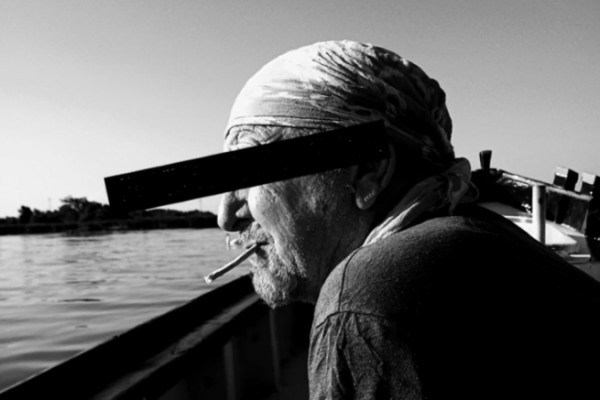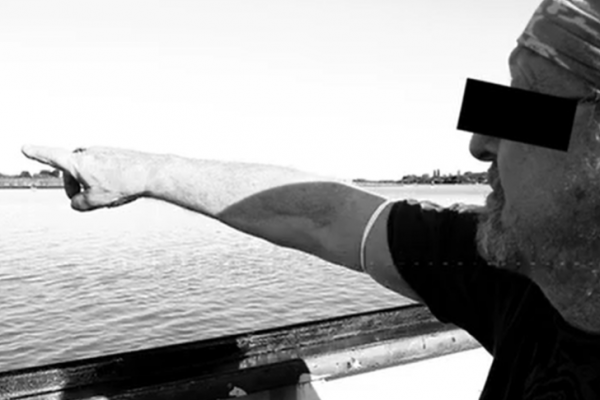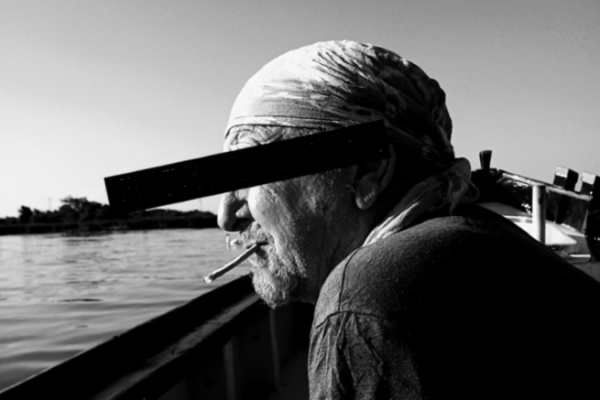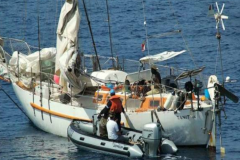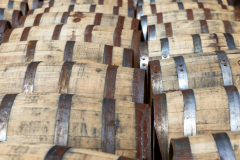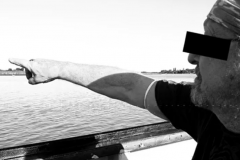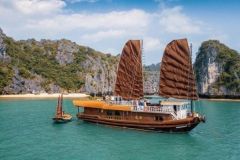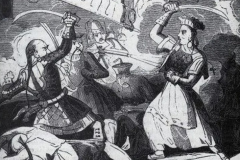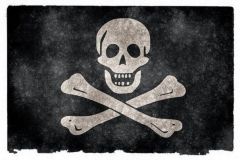Growing up under the wrong auspices, Anthony Cummins, a.k.a Captain Tonz decided at an early age to flee a fate he couldn't accept, finding only the ocean as a refuge. Little did he imagine that his quest for freedom would lead him to become a pirate respected by powerful personalities the world over. But behind this pirate's life lies a man with a passion for the sea, whose deep bond with this element has enabled him to sail through storms and face adversity. Now retired, Captain Tonz reveals in this second installment a reality of the world of piracy far removed from the clichés conveyed by films and novels. This is the raw portrait of a modern-day pirate.
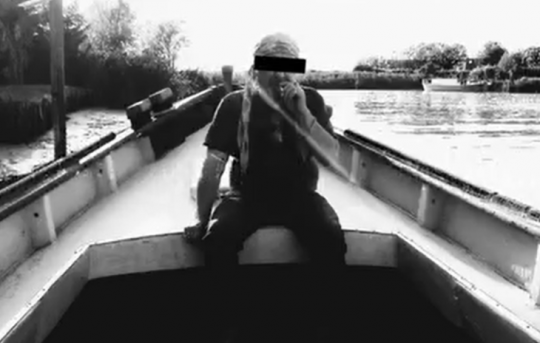
Pirates are often associated with the image of the solitary individual, but you talk about being part of a larger community. How do you perceive piracy in the modern world, compared to the usual image we have of it?
The image you, and almost everyone else, have of pirates is mainly based on the 35 notorious figures of " the golden age "In fact, piracy has always had a negative reputation. Yet, according to the Greenwich Museum, there were actually over 5,000 active pirates at the time.
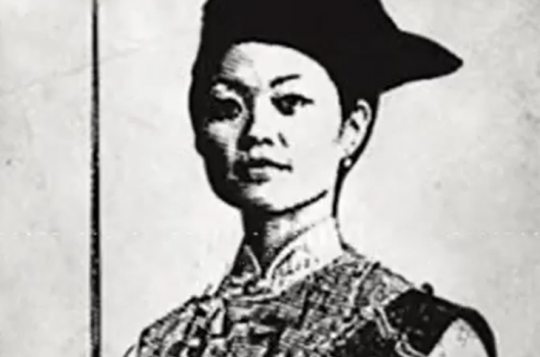
I've just recorded a podcast filmed with Dare Pictures of London and its CEO, Derren Lawford (on loop), where I talk in detail about this point you raise. I call them " Invisible pirates "They were simply invisible. I was invisible too, we all are, but we're all around. Unfortunately, pirates have been described as having a wooden leg, an eye patch, a parrot and speaking with a funny accent; I have none of these attributes.
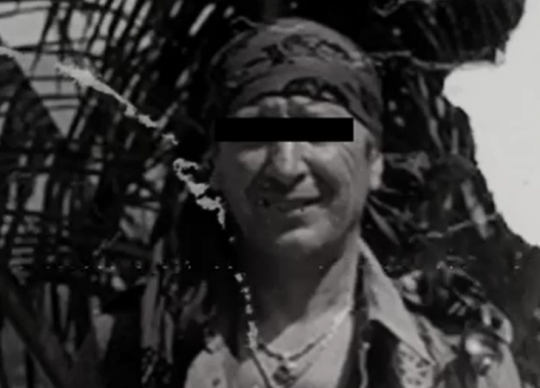
As an expert on the sea, you've lived through some dangerous situations, but today you're also an advocate of marine conservation. How do these two aspects combine in your life?
If you dig deep into the heart of any pirate, ancient or modern, the sea is Mother. All the sea whisperers of the world speak to her. Like them, the sea speaks to me. Is she happy, sad, angry? These are the first questions of any conversation. The North Sea is sad. She's suffering from a hidden toxic attack that, if left uncorrected, could be fatal. I'll be talking about it in the next podcast I mentioned. I've been drawing the UK government's attention to this problem for over 7 years. I've never received a single response; I attribute that to being a hacker.
Could you tell us more about your project to clean up the oceans of microplastics?
It's simply a project to raise awareness of the microplastic problem in any country with a coastline on the North Sea, until someone finally pays attention to the subject, and to propose a simple solution (temporarily repopulating the world's rivers and oceans with mussels, which are natural cleaners capable of filtering up to 30 liters of water a day).
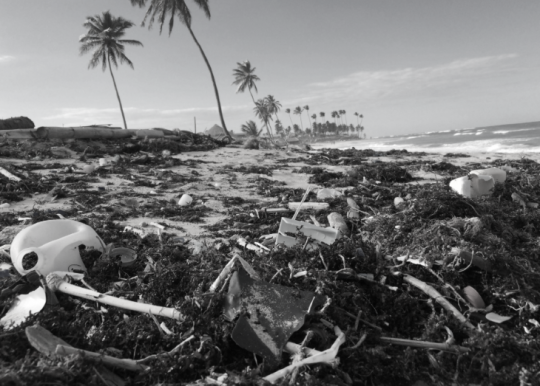
In your writings, you mention that not all pirates are bad. What do you think distinguishes a "good" pirate from a "bad" one?
There are good and bad journalists, good and bad policemen, good and bad doctors, good and bad at everything. Fortunately, the bad ones are very few in number. The same social law applies to pirates, but for some very strange reason, the bad pirates have become representative of the whole category. So, what are pirates for? Chen Shih put an end to the opium trade. Today's news focuses on Kiev, founded by a Viking pirate, Rurik. Drake and the Spanish Armada... The list goes on, and I'd like to quote a famous British admiral who once claimed that the history of the world was written by pirates. And would you believe that at the famous Battle of Trafalgar, a third of Nelson's ships were pirates, many of them French? These are the complexities that changed the world, involving pirates. Maybe Napoleon should have surrounded himself with more pirates!
Your career, though marked by piracy, is also linked to a deep love of the sea. How has the ocean shaped your vision of the world and your sense of morality?
The love of the sea is above all what motivates me, it's the driving force behind everything. It is the voice of the planet itself. When the planet speaks, we can't always hear it because we're connected to it, born into the vibration of the Earth. The sea takes this vibration and becomes an amplifier, modifying the frequency of the planet's vibrations. In this way, it enables us to listen to the sea and hear what the planet has to say to us.
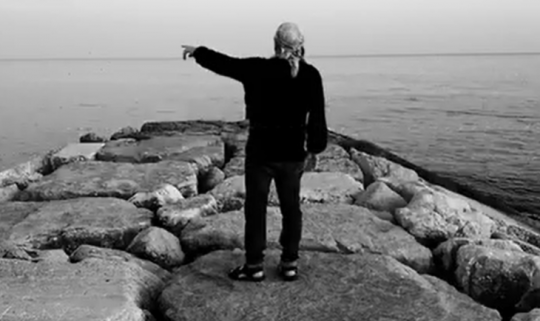
Morals change and always have. However, if we go back to the event at La Rochelle in 1307, when our flag was raised for the first time in defiance of the king and the pope, this event takes on a special significance if we consider the flag's true significance: FREEDOM. No matter how Hollywood or historians interpret it, this is the first flag of liberty.
Freedom and morality go hand in hand. Later, with the emergence of the Common Pirate Code, this marriage of freedom and morality led to dramatic changes in all aspects of life. Among its many rules were provisions for same-sex marriage and disability pensions: a pirate losing a member received compensation, and if a pirate died, his widow was taken care of. These practices should be seen as an expression of advanced morality, long before these values were applied to the general population until hundreds of years later.
Ultimately, freedom means being free to live according to moral principles.
Today, you're retired from piracy. How do you look back on your life? What have been your most memorable moments?
The funny bits. Being a pirate may seem romantic or exciting to some, but in reality, it's first and foremost a job. I remember some moments mainly because they were either funny or strange in some way. I have no real failure rate, but there are some missions where I never made a profit, and those, of course, remain in my memory.
Do you think the maritime world has changed over the years? How do modern pirates like you fit into this environment?
Of course it is, and change isn't always positive. With the advent of technology and AI, the "art" of navigation is dying. Today, some boats sail along the French coast without their crews really paying attention to the sea. The eyes that should be scanning the horizon are now riveted on a soccer match on TV, and that's not even an exaggeration.
Boaters are gradually moving away from the sea and becoming increasingly dependent on technology. One day, if GPS and navigation systems were to fail, a large proportion of boats at sea would be lost. Nobody would know what to do. People would look at the sea and the sky, without understanding. As for the integration of modern pirates, some jobs have become more difficult, even impossible, while others have become more accessible. It's a question of ups and downs.
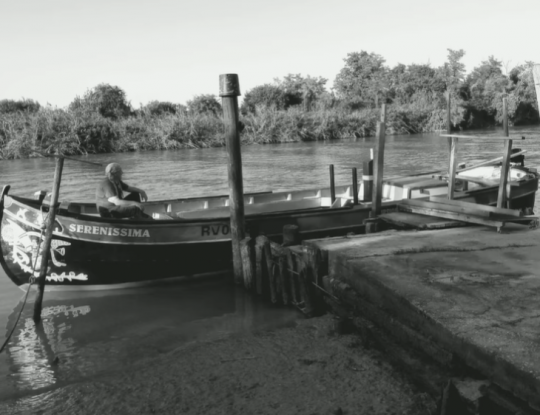
With piracy still rife in some parts of the world, how should yachtsmen prepare themselves for sailing?
The term "yachtsmen" is a broad one. It can mean a family sailing with a dog, or a millionaire's yacht. For a family aboard a boat, I'd recommend a pirate flag. It might even deter potential pirates who might see it as an attempt to deceive them. On the other hand, for the millionaire's yacht scenario, my recommendation would be to surrender quickly and pay the ransom without delay. The time lost would be far more costly.
Respect, in this case, helps to defuse a potentially violent situation. In any case, it's crucial to be well-informed about the risks before sailing in a particular area, especially when crossing by day or night. The reasons for modern attacks are manifold: most pirates seek to recover cargo and are not interested in passing ships. However, Somali pirates do not have the same motivations as those from the Sulu or Malacca regions.
It's also important to distinguish between real pirates and criminal gangs. In the Gulf of Nigeria, for example, many of the so-called pirates are actually organized gangs. What's more, "anomalies" also exist, as in Somalia, where only one pirate out of 27 was a genuine pirate; the others were warlords who held the pirates' families to ransom, forcing them to do the work for them. In short, anyone crossing the Somali Sea shouldn't worry about pirates, but rather warlords. As for the real Somali pirates, I've worked with them; they're really nice guys.
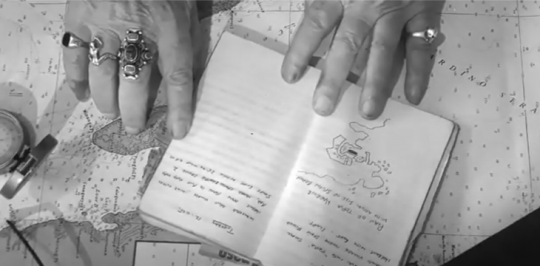
Captain Tonz's journey shows us that beyond the image of the ruthless pirate, there is a quest for freedom behind which lies a more complex vision of navigation and respect for the ocean. So, if one day you come across a ship flying a pirate flag, it may not be a threat, but simply a call for reflection; an original way of reminding us that the sea, alone, remains the true territory of freedom.
In the photos published in this article, Captain Tonz has chosen to conceal his eyes with a black band to preserve his anonymity.

 /
/ 